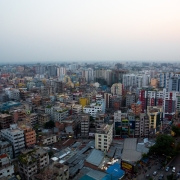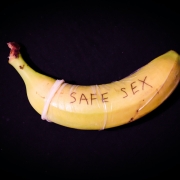Online interventions and virtual day centres for young people who use drugs: potential for harm reduction?
The methodological part of the large-scale study on the psychosocial distress of young people in Slovenia focused on vulnerable young people who use drugs and explored the potential of online interventions in harm reduction programmes. Authors looked at the needs of young people who, at the time of the research, were attending a virtual Discord day centre hosted by the DrogArt NGO or were involved in the organisation’s other programmes. Authors explored young people’s knowledge of online interventions, their satisfaction with them and the opportunities they offer for harm reduction programmes. Read more











